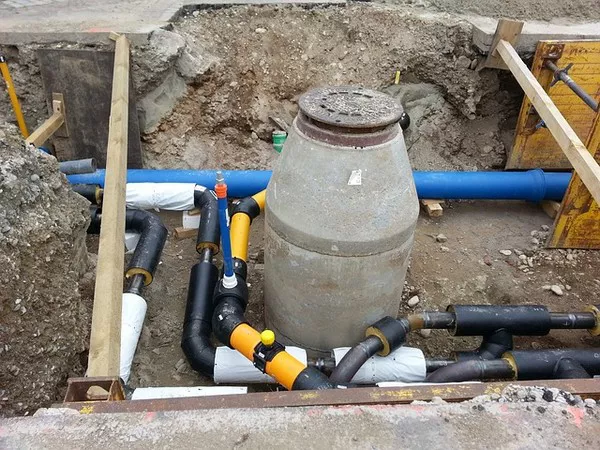Wastewater treatment plants play a crucial role in safeguarding public health and the environment by treating and purifying wastewater before it is released back into natural water bodies. As urbanization and industrialization continue to expand, the importance of these facilities in mitigating the impact of human activities on water resources becomes increasingly evident. This article aims to provide a comprehensive overview of what wastewater treatment plants do, the processes involved, and their significance in maintaining ecological balance.
The Wastewater Challenge
Wastewater, often a byproduct of domestic, industrial, and commercial activities, contains a variety of pollutants that can be harmful to the environment if not properly treated. These pollutants include organic matter, nutrients, pathogens, and chemicals. Without effective treatment, the discharge of untreated wastewater can lead to water pollution, endangering aquatic ecosystems and compromising the quality of drinking water sources.
Primary Treatment
The treatment process begins with the removal of large, solid particles from the wastewater through a process known as primary treatment. This is typically achieved through physical processes such as screening and sedimentation. Screens are used to filter out large debris, while sedimentation allows heavier particles to settle at the bottom of tanks. The resulting liquid, known as primary effluent, still contains dissolved and suspended pollutants that require further treatment.
Secondary Treatment
Following primary treatment, the wastewater undergoes secondary treatment to remove dissolved and suspended biological matter. This phase primarily focuses on the removal of organic pollutants, which are often measured in terms of biochemical oxygen demand (BOD). Secondary treatment employs biological processes, such as activated sludge or trickling filters, where microorganisms break down organic matter into simpler and less harmful substances. This stage significantly reduces the potential for water pollution by enhancing the water’s quality before discharge.
Tertiary Treatment
In some cases, particularly when treated wastewater is intended for reuse or when more stringent water quality standards must be met, tertiary treatment is employed. Tertiary treatment involves additional processes to further refine the water quality. Common methods include filtration, chemical treatment, and advanced biological treatment. Filtration removes remaining suspended particles, while chemical treatment can target specific contaminants through the addition of coagulants or disinfectants. Advanced biological treatment methods, such as constructed wetlands, provide an additional level of purification.
Disposal or Reuse
After undergoing primary, secondary, and, if necessary, tertiary treatment, the treated wastewater is ready for disposal or, increasingly, for beneficial reuse. The choice between discharge into natural water bodies and reuse depends on local regulations, water scarcity concerns, and the treatment plant’s capacity. Reusing treated wastewater for irrigation, industrial processes, or even potable water supply is an eco-friendly and sustainable practice that helps address water scarcity issues in many regions.
Environmental and Public Health Benefits
Wastewater treatment plants play a pivotal role in protecting both the environment and public health. By removing pollutants from wastewater, these facilities prevent the contamination of rivers, lakes, and oceans, preserving aquatic ecosystems and biodiversity. Clean water is essential for the well-being of humans, animals, and plants, and effective wastewater treatment contributes to the overall health of ecosystems.
Moreover, wastewater treatment helps mitigate the spread of waterborne diseases. Pathogens present in untreated wastewater can pose significant risks to public health if released into water bodies used for drinking or recreational purposes. Through proper treatment, the concentration of pathogens is reduced to levels that are safe for human contact and consumption, minimizing the risk of waterborne illnesses.
Economic Impact
Beyond its environmental and public health benefits, wastewater treatment has economic implications. By treating wastewater before discharge, industries and municipalities avoid fines and penalties associated with environmental violations. Additionally, the reuse of treated wastewater for non-potable purposes can alleviate the demand for freshwater resources, reducing the costs associated with water abstraction and distribution.
Conclusion
Wastewater treatment plants are indispensable components of modern infrastructure, playing a critical role in maintaining environmental sustainability and public health. As global populations continue to grow, and urbanization and industrial activities expand, the demand for effective wastewater treatment will only increase. It is imperative for communities and industries to invest in robust wastewater treatment infrastructure, adopting advanced technologies and sustainable practices to ensure the responsible management of water resources. Through these efforts, we can achieve a harmonious balance between human activities and the preservation of our precious water ecosystems.

